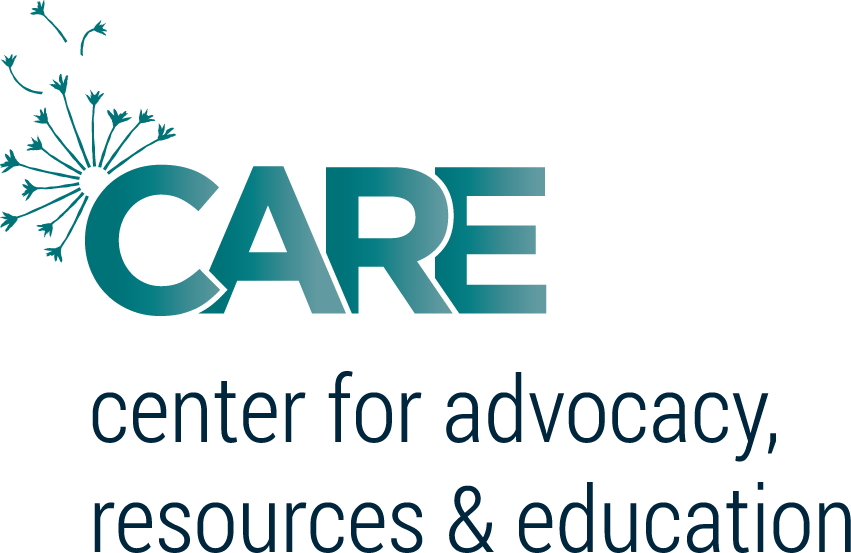Human Trafficking is the exploitation and profit at the expense of adults or children by compelling (forcing) them to perform labor or engage in commercial sex, or prostitution.
Human trafficking can take place even if the victim initially consented to providing labor, services, or commercial sex acts. The trafficker’s exploitative scheme is what matters, not the victim’s prior consent or ability to meaningfully consent thereafter. Likewise, in a sex trafficking situation, an adult victim’s initial willingness to engage in commercial sex acts is not relevant where a perpetrator subsequently uses force, fraud, or coercion to exploit the victim and cause them to continue engaging in the same acts. In the case of child sex trafficking, the consent of the victim is never relevant because a child cannot legally consent to sexual activity.
Examples of Human Trafficking
Forced labor is a crime where the trafficker uses force, fraud, or coercion to compel a person to perform labor or services. The coercive scheme can include threats of force, debt manipulation, withholding of pay, confiscation of identity documents, psychological coercion, manipulation of the use of drugs or alcohol, threats to other people, or other forms of coercion.
Domestic servitude is a form of forced labor where the trafficker requires a victim to perform work in a private residence.
Forced child labor is a type of forced labor in which traffickers compel children to work. Although some children may legally engage in certain forms of work, forcing or coercing children to work remains illegal.
Sex trafficking encompasses the range of activities involved when a trafficker uses force, fraud, or coercion to compel another person to engage in commercial sex.
Boyfriend or Trafficker?
Sex traffickers often meet and get to know their victims by pursuing them in a dating relationship first. The trafficker will eventually raise the idea that the victim can make a lot of money by sharing nude pictures or intimate videos, and may try to convince the victim to participate in sex work as a way to make a lot more money. They may use abusive behaviors often seen in dating violence to guilt the victim into doing what the trafficker wants. The trafficker may present the idea of sex work as beneficial to the victim, saying that they can make more money than they ever dreamed.
Sex traffickers often “love bomb” their victims in the beginning of the relationship - repeatedly contacting them and wanting to see them, flattering the victim with compliments about their beauty, calling them “Queen” and other terms meant to flatter them. Quickly, traffickers will become possessive and controlling. Over time, traffickers will use psychological abuse, manipulation, and threats or actual physical violence to maintain control of the victim - forcing them to engage in sexual behavior.
Many dynamics present in dating or intimate partner violence are also present in sex trafficking, and some victims of sex trafficking experience the same barriers to leaving the situation as victims of partner abuse.
